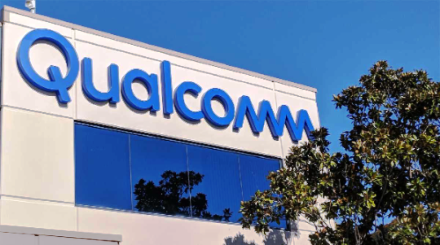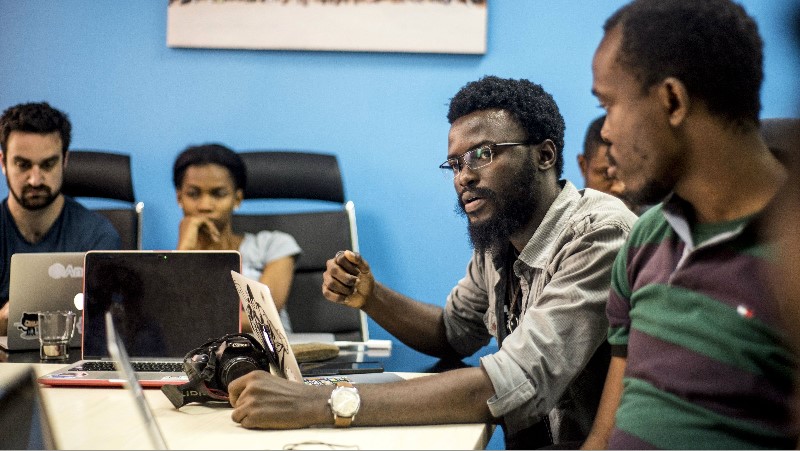Equity-Free Program Offers Engineering Support, IP Guidance, and Business Coaching for Early-Stage African Tech Ventures.
Global semiconductor leader Qualcomm has opened applications for its 2025 ‘Make in Africa’ Startup Mentorship Program, a cornerstone of its African Innovation Platform. The initiative, designed to empower early-stage startups leveraging advanced technologies like 5G, IoT, and AI, aims to address Africa’s hardware and semiconductor development gap while fostering homegrown deep-tech innovation.
Applications open until February 16 with the program running from April to December 2025. APPLY
Program Highlights
- Equity-Free Support: No equity stakes or repayment obligations for selected startups.
- Technical Mentorship: Direct access to Qualcomm engineers for product development in IoT, robotics, and smart infrastructure.
- IP Protection: Guidance on securing patents and navigating global intellectual property laws.
- Business Coaching: Workshops on scaling, fundraising, and market entry strategies.
- Networking: Connections to investors, industry partners, and Qualcomm’s global ecosystem.
Bridging Africa’s Hardware Innovation Gap
While Africa’s tech ecosystem thrives in fintech and software (raising $4.5B in 2023), hardware and semiconductor startups remain underserved, accounting for less than 5% of venture funding. Qualcomm’s program targets this imbalance by nurturing ventures in:
- Smart Agriculture: IoT sensors for crop monitoring.
- Healthcare Tech: AI-driven diagnostic devices.
- Telecom Infrastructure: Affordable 5G solutions for rural connectivity.
“Africa’s digital transformation requires localized hardware innovation. By equipping startups with Qualcom’s expertise, we’re catalyzing solutions that address continental challenges like energy access and climate resilience,” said Alex Rogers, President of Qualcomm Global Affairs.
Why This Matters
- Job Creation: Hardware startups could generate 250,000+ skilled jobs in Africa by 2030 (GSMA 2024).
- Import Reduction: Africa imports 90% of its electronics; local production could save $10B annually (AfDB).
- Global Competitiveness: Only 1% of global semiconductor design talent is based in Africa (ITU 2023).
Eligibility & Application Process
- Who Can Apply: Early-stage African startups (seed to Series A) in IoT, AI, robotics, or 5G.
- Deadline: February 16, 2025.
- How to Apply: Submit via the Qualcomm African Innovation Platform portal.
Strategic Alignment with Africa’s Tech Ambitions
The program complements initiatives like the African Union’s Digital Transformation Strategy and Rwanda’s Smart Africa Manifesto, which prioritize local tech infrastructure. Past alumni, such as Kenya’s RoboFood AI (agricultural drones) and Nigeria’s MediQoS (AI-powered health monitors), have secured follow-on funding and partnerships.

































